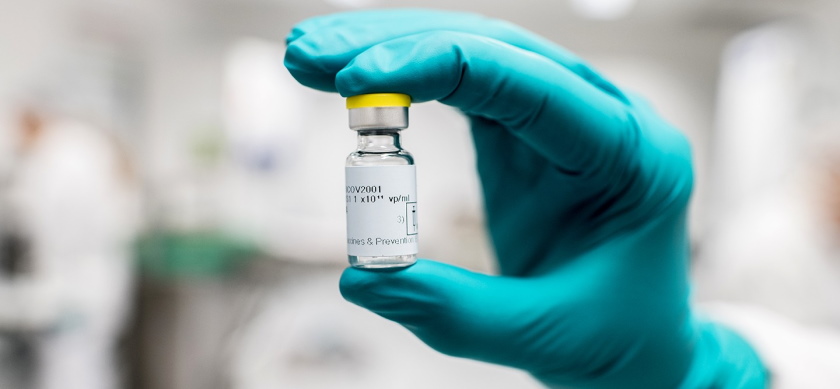EU probes low platelet safety signal with COVID-19 shots

EU regulators are reviewing reports of low blood platelets in patients who received any of the three approved COVID-19 vaccines from Pfizer/BioNTech, AstraZeneca and Moderna.
The experts have also recommended a safety update on the label of Oxford University/AstraZeneca’s COVID-19 vaccine, which has been linked to anaphylactic reactions, in what has turned out to be a concerning week for vaccine safety.
Several cases of immune thrombocytopenia - a disorder characterised by low levels of blood platelets that can lead to bruising and bleeding - were reported in the European Medicines Agency's safety surveillance database.
After reviewing the safety reports received so far, the Pharmacovigilance Risk Assessment Committee (PRAC) decided to request an in-depth review of all available data, including case reports, clinical trials and the published literature, from the respective marketing authorisation holders for these vaccines.
The PRAC has enhanced safety monitoring in place for the vaccines and said it is not yet clear whether there is a causal association between vaccination and the reports of immune thrombocytopenia.
But the reports do point to a ‘safety signal’ - defined as information on new or changed adverse events that may potentially be associated with a medicine and that warrants further investigation.
The PRAC will investigate and if a causal relationship is confirmed or considered likely, an update to the products' labels will be the most likely outcome.
There has also been a signal of localised swelling related to dermal fillers with the Pfizer/BioNTech shot, which has the brand name Comirnaty in Europe, and will be investigated separately by the PRAC.
AZ vaccine safety update
The PRAC has also issued advice on anaphylactic reactions to the Oxford/AZ shot, a known side effect that can occur very rarely and is already included in its risk management plan.
The committee said appropriate medical treatment must be available in the event of an anaphylactic event with the vaccine.
A recommendation that people should be monitored for at least 15 minutes after the shot is already included in the plan.
Existing guidance says that any person developing such a reaction after the first dose of the vaccine should not be given a second dose.
The PRAC is separately reviewing all cases of thromboembolic events, and other conditions related to blood clots, reported post-vaccination with the AZ shot.
The EMA reiterated that there is currently no indication that vaccination has caused these conditions, which are not listed as side effects with this vaccine.
In an update yesterday the safety committee said the incidence of blood clots in the vaccinated population was the same as would have been expected without the shot.
This advice was echoed by the UK’s Medicines and Healthcare products Regulatory Agency (MHRA) after several European countries suspended vaccination campaigns as a precaution.
Norway and Iceland are the latest countries to put vaccination campaigns on hold, but the UK is continuing to use the AstraZeneca COVID-19 vaccine.
Dr Phil Bryan, MHRA vaccines safety lead, said: “Blood clots can occur naturally and are not uncommon. More than 11 million doses of the COVID-19 AstraZeneca vaccine have now been administered across the UK.
“Reports of blood clots received so far are not greater than the number that would have occurred naturally in the vaccinated population."
Feature image courtesy of BioNTech












